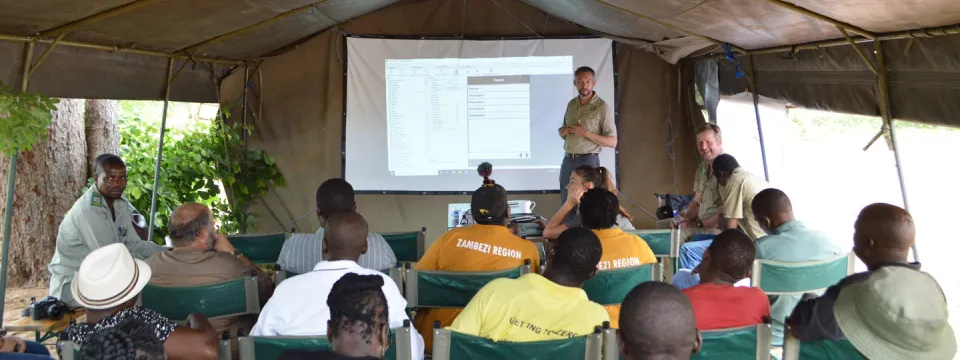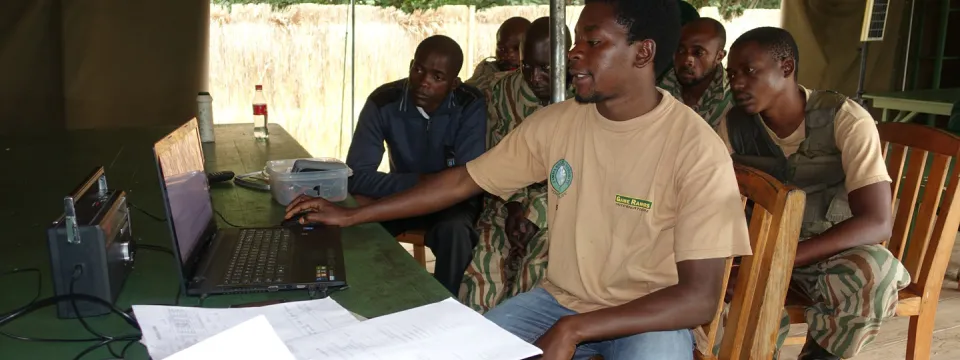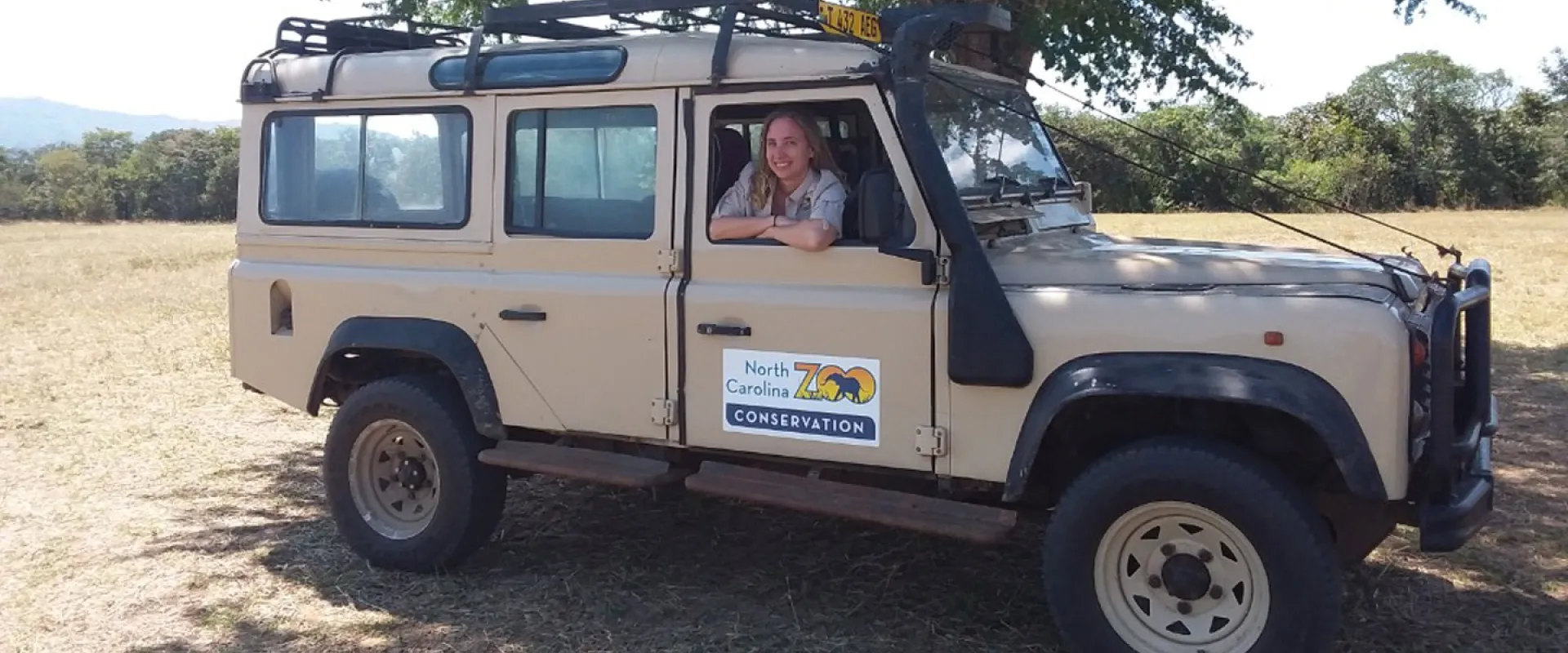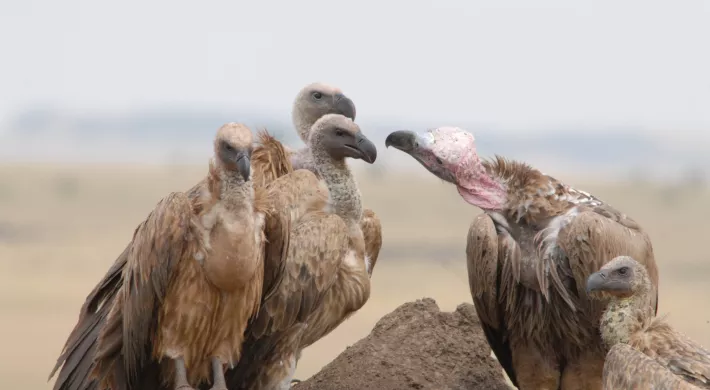Conservation is Not Closed: Continuing Field Conservation and Research During COVID-19
Dr. Rich Bergl, Director of Conservation, Education and Science
The COVID epidemic has touched everyone in the country. Here at the Zoo, we had to suspend operations temporarily, and even though we are now welcoming guests again, the zoo experience has changed. Like other aspects of our work, our conservation efforts have also been challenged by COVID. Our partners in the field have lost an important source of support, including tourism and donations, and our conservation staff has been unable to travel to field sites. In this way, COVID has exacerbated threats to wildlife and wild places and made the work of conservation even more difficult. Despite these challenges, the North Carolina Zoo has been able to maintain our commitment to protecting animals in the wild, both through our existing strategies and new adaptations to the COVID crisis.
North Carolina Zoo’s approach to field conservation has been to make long-term commitments to conservation projects and to contribute both financial resources and technical expertise. We have also committed to hiring or supporting field-based conservation staff. Though the level of financial support we can provide for projects in the immediate future remains unclear, our approach has allowed our work to continue, despite the COVID pandemic. We have also emphasized our conservation work in our educational outreach during this time and confirmed our commitment to our conservation mission going forward.

Image above: the Zoo's Dr. Rich Bergl at ranger training on location in Namibia, Africa (image pre-Covid)
One good example of this is our efforts to implement SMART software in parks in Africa. SMART software allows park rangers it easily collect, analyze and use field data to make conservation work more effective. We have spent the past several years installing SMART systems in multiple African national parks and training staff at these parks how to use the software. These parks are important for the conservation of iconic wildlife, like black rhinos, Cross River gorillas, elephants, lions, and many other species. By investing in training, we created a situation that didn’t require us to be on the ground. We have also been able to maintain our involvement with training and supporting rangers around the world via technology. Most people probably don’t think of Zoom as a conservation tool, but we recently used the platform to conduct online training for more than 250 conservationists from 56 different countries.
For many reasons, all of us here at the Zoo hope that solutions for the COVID pandemic will be available soon. Until then we will continue to adapt our conservation work to the current “new normal” to ensure the survival of species here in North Carolina and around the world.
Image below: ranger training in Namibia (image pre-Covid)



